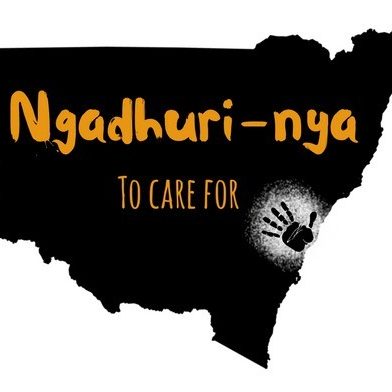Ngadhuri-nya
Ngadhuri-nya, which means ‘to care for’, is designed as an opportunity for Aboriginal and Torres Strait Islander people to lead analysis.

What is the Ngadhuri-nya Project?
There are over 6,000 Aboriginal and Torres Strait Islander children in the NSW Child Development Study. Ngadhuri-nya, which means ‘to care for’, is designed as an opportunity for Aboriginal and Torres Strait Islander people to lead analysis, interpretation and discussion of findings related to these Aboriginal and Torres Strait Islander children. This project will draw on data from the NSW Child Development Study to better understand intergenerational impacts on health and wellbeing of Aboriginal and Torres Strait Islander children.
The Ngadhuri-nya project was funded by the Lowitja Institute in 2017 to help facilitate the formation of an Indigenous Reference Group. Read more details about the support of the project.
Who is involved in the Ngadhuri-nya Project?
The Ngadhuri-nya project is being conducted in collaboration with Aboriginal researchers, service providers, and community members. This project is being led by Dr Megan Williams, a Wiradjuri descendent and experienced health researcher and service provider, in partnership with the NSW- CDS Executive Committee. Ms Ellen Karimanovic, a Worimi woman, is a research assistant working on this project and an Indigenous Graduate School of Health student at UTS.
How is the Ngadhuri-nya Project being conducted?
The project takes a mixed-methods approach to bring together experienced Aboriginal health researchers with Aboriginal and Torres Strait Islander community members and child development researchers to examine the data on 6,000 Aboriginal and Torres Strait Islander children in the NSW Child Development Study. We are following the Lowitja Institute’s Facilitated Development Approach. Through qualitative Roundtable discussion and Working Group meetings, we explore the existing data and collaborate on analysis and knowledge exchange activities. Meetings involve collaborative discussion to contextualise data, choose topics of priority to pursue, identify strengths and weaknesses of data, and advise on future research.
Privileging First Peoples’ perspectives: The study has been designed to ensure that interpretation and reporting of the NSW-CDS occurs through the lens of First Peoples, taking into account diversity, lived experience and the right to choose how issues and solutions are communicated to others.
The Ngadhuri-nya project has received ethical approval from the Aboriginal Health and Medical Research Council (AH&MRC; Reference # 1241/16) and the University of Technology Sydney (Reference # ETH17-1670).
